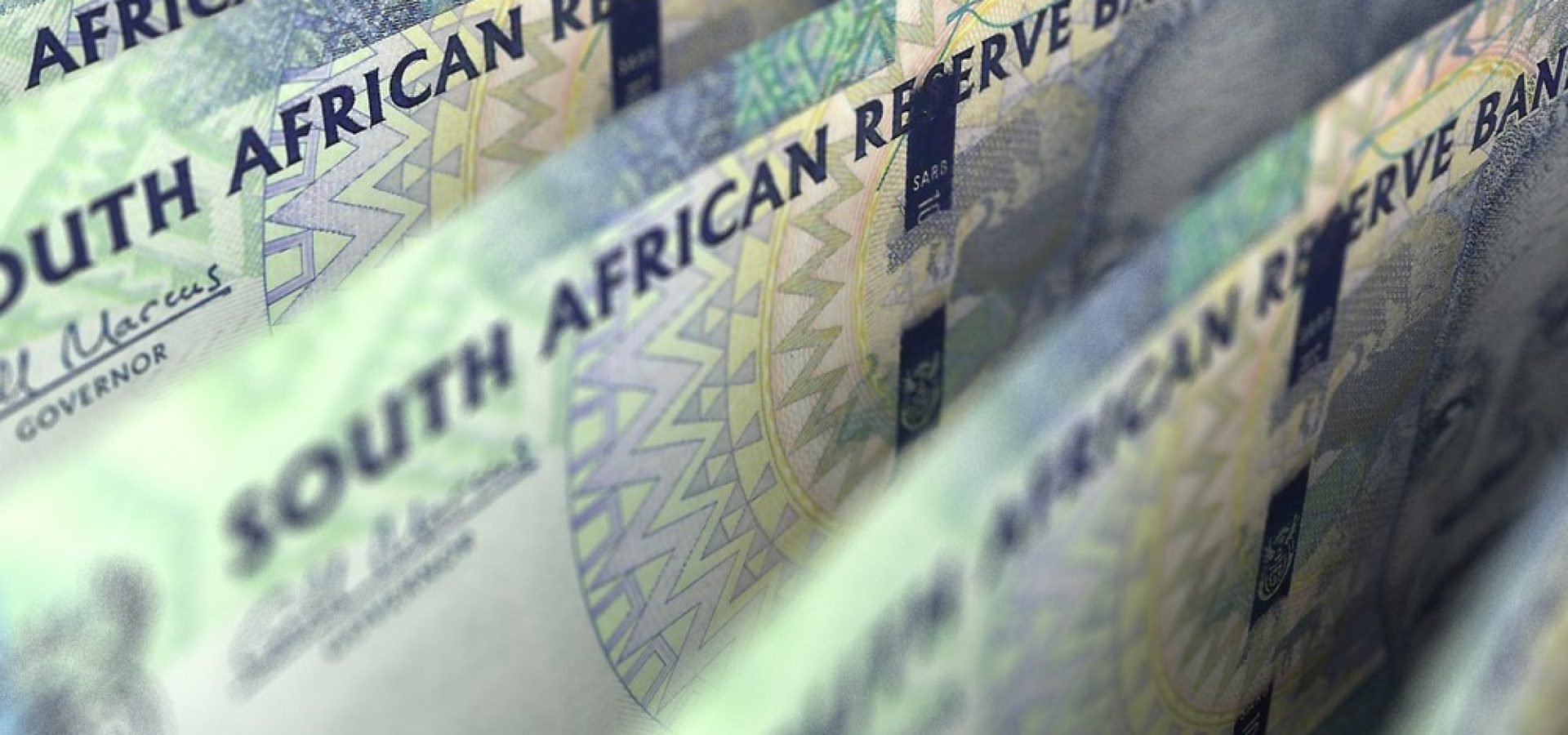News from the South African company, Eskom, continues to hurt the country’s currency, credit rating, and economy. The upsetting dilemma of the government with the electricity public utility company weighs on the rand and local investors.
The government plans an overhaul of the whole electricity industry starting by breaking up the problems of the state utility Eskom. Over the next three years, the South African government will apply its Eskom rescue scheme.
According to local publications, the move will open the industry up to more competition.
The South African rand had a tough run this week as it fell upon the government’s announcement about the plan.
The rand initially fell on Tuesday against the US dollar right when the rand appears to gain on the dollar on consecutive sessions.
Yields on South Africa’s currency bonds due on 2028 leaped by 10 basis points. For the rand, this is the highest recorded jump in five weeks.
Furthermore, the government received heavy criticisms for its “repeated failure” in attempts to find the cause of the increase in deficits.
Currency experts say that the South African government’s plan might make a difference, but it will not spare the rand in coming sessions.
What Is the Solution?

A forex analyst suggested that another way to save the rand is to save Eskom first. This is in line with South African Public Enterprises Minister Pravin Gordhan’s latest blueprints to restore the electricity utility.
In the policy paper released by the official, it envisions relinquishing the monopoly in the country’s electricity industry.
Therefore, for the first step in the government’s rescue scheme, the transmission business will need to separate next year. This will ease private generators and also allow more supply to the national grid.
One thing was not considered in the South African government’s ambitious plan- how are they going to deal with Eskom’s 450-billion-rand debt.
Eskom currently supplies approximately 95% of the electricity in South Africa. The company is also considered the biggest risk to the country’s currency and economy.









COMMENTS